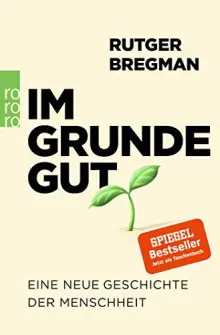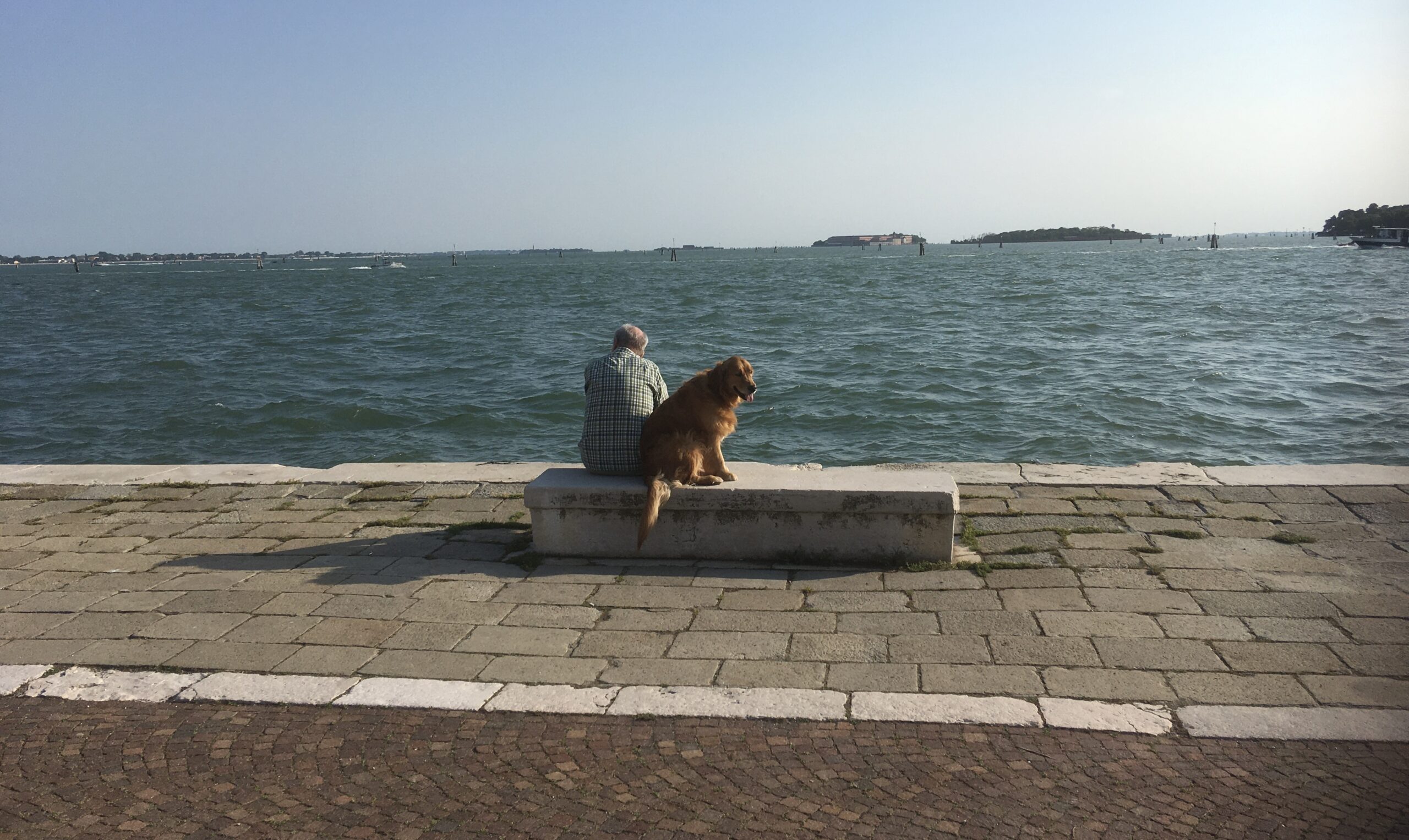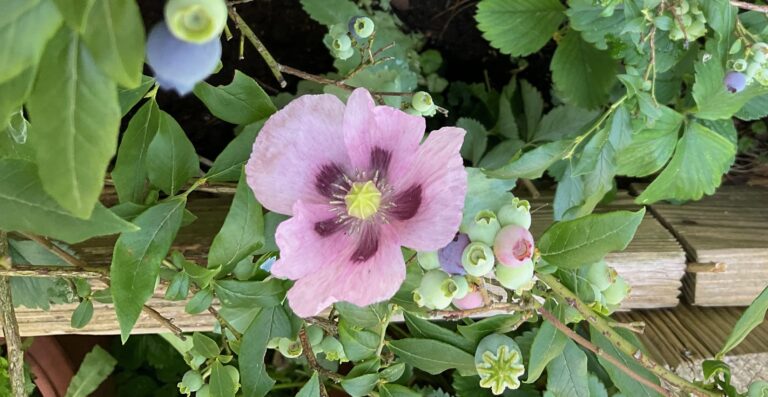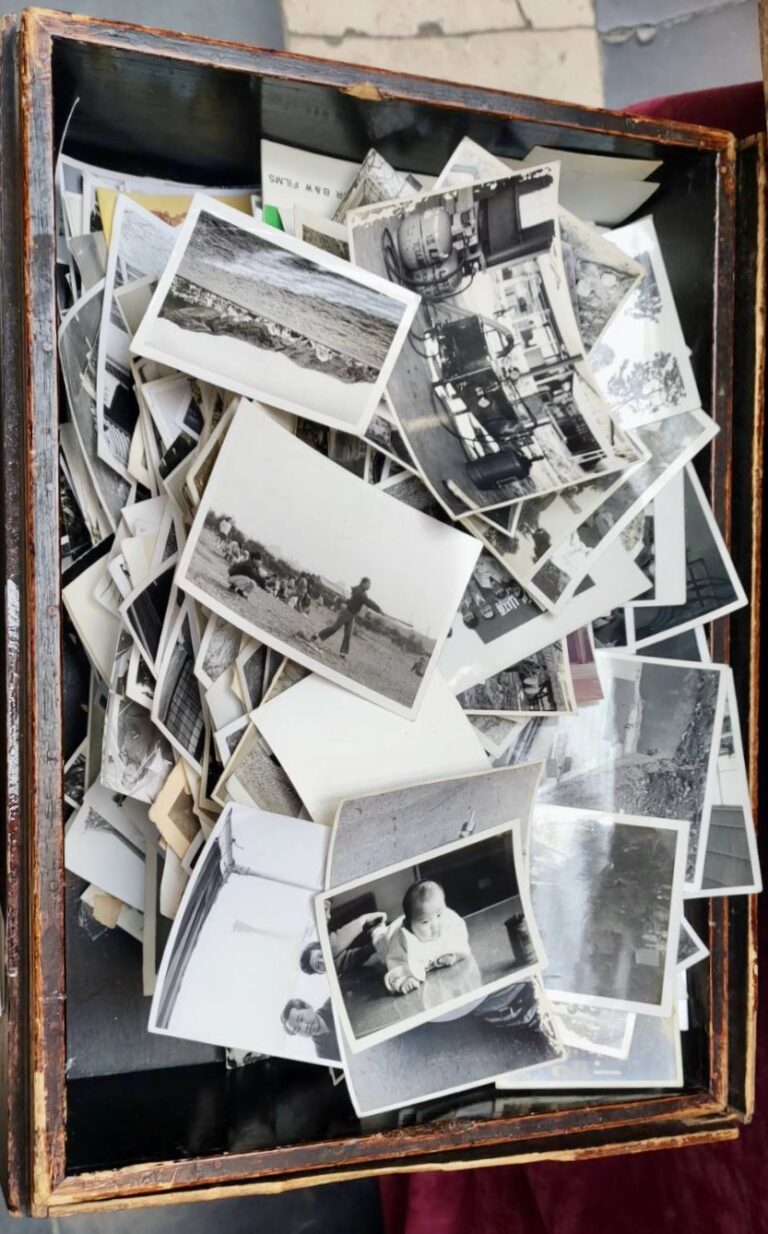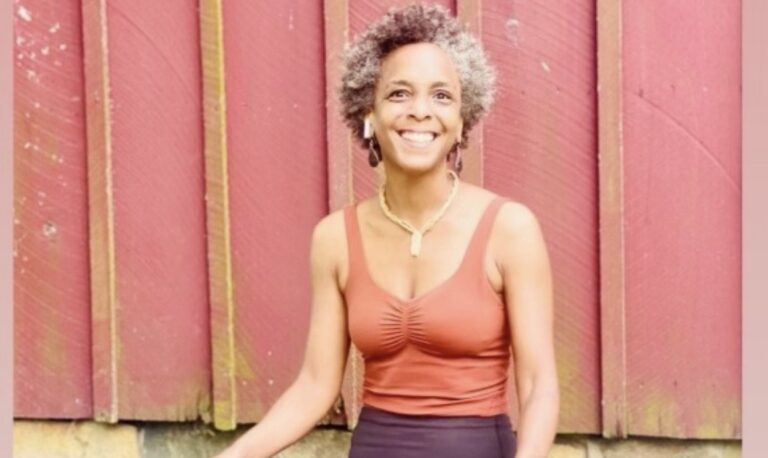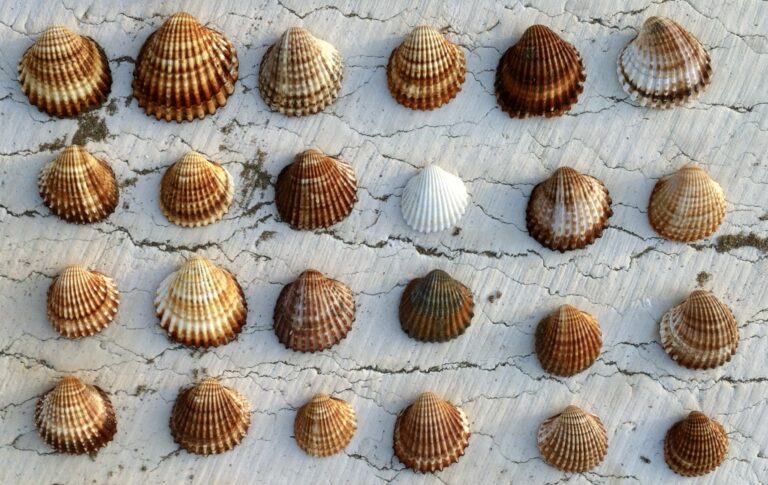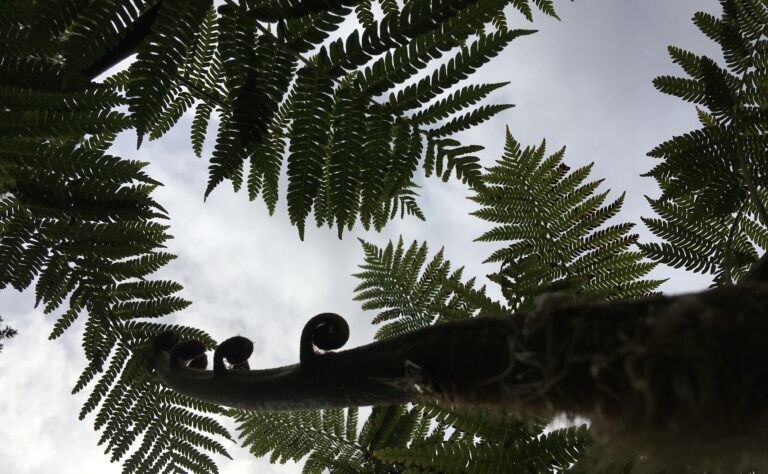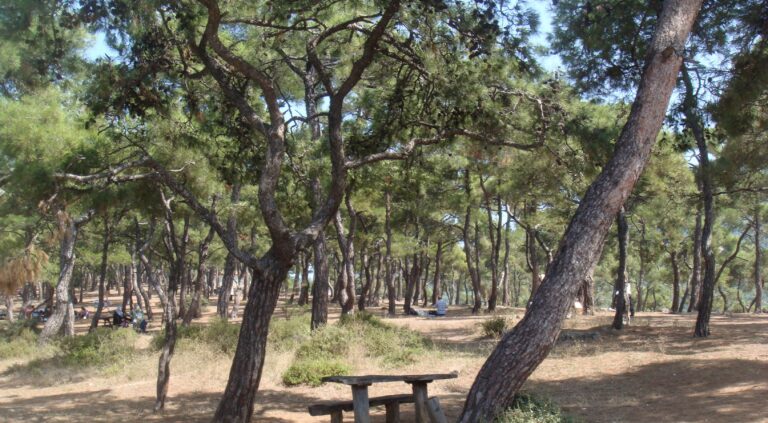Are we humans kind?
Rutger Bregman´s “Hopeful History”
In our everyday lives, we repeatedly experience how kind and caring people can be. It’s good to remember how every day many people help maintain social stability and contribute to social growth and functioning in a variety of ways.
At the same time, the daily news is terrible. Every day there are new horror stories. Constant political aggression, wars of aggression, catastrophes, omnipresent “fake news,” and shameless lies—all of this threatens our sense of security, we lose our bearings, or we feel like we’re in a toxic relationship — helplessly at the mercy of decision-makers and those in power.
Studies show that natural disasters, although they can have devastating consequences, are easier to process emotionally than all the suffering caused by other people, what people do to each other and to the world.
How do we deal with this? We need to inform ourselves about the global situation, but also accept that we absorb a great deal of negative energy as a result. At least being consciously aware of this dilemma is an important step. Then we can try to become more present again. And not just let ourselves be determined by the terrible news that naturally dominates the media.
The media often plays a rather unfortunate role in spreading a negative image of humanity. News services report – naturally – on disasters, wars, violence, and terrorism, not on everyday solidarity. Therefore, we need constructive journalism as a counterbalance that helps us see the bigger picture.
Disasters almost always give rise to rumors of looting – yet hundreds of sociological studies show that this isn’t always true; in fact, there is an explosive increase in altruism during disasters. The vast majority of people then come together to save as many lives as possible and to help one another.
Hobbes or Rousseau?
There’s an old idea in Western culture, the so-called facade theory, which states that our civilization is a very thin layer beneath which lies raw human nature. Supposedly, deep down, we are all wolves (which is unfair to the wolves, because wolves are caring, social animals that live in family groups and care for their young together).
But, wolf or not, the philosopher Thomas Hobbes, one of the most important philosophers of the Enlightenment, argued that humans are antisocial beings whose warlike and destructive urges can essentially only be contained by an authoritarian force, a powerful “Leviathan.” In freedom, humans inevitably become wild animals. In return for relinquishing our freedom, we receive security from one another – through the state’s controlling power, taming the state of nature.
Jean-Jacques Rousseau, on the other hand, considered civilization to be the true corruption. Civilization tore people from their blissful natural state, robbed them of their freedom, and first shaped people into egoists. According to Rousseau, the decline of humanity began with the invention of private property, with the first humans declaring a piece of land as their own. Rousseau therefore viewed civilization not as a blessing, but as a curse.
The example of cave paintings seems to confirm Rousseau’s view: among the hundreds of cave paintings, there is not a single depiction of warfare from this period. Very few references to military conflicts can be found in our early history; these seem to have only begun with the emergence of a sedentary lifestyle.
Nevertheless, for centuries, Thomas Hobbes’s view was considered more realistic, while Rousseau was considered a revolutionary romantic with radically unrealistic ideas.
However, recent findings from archaeology and anthropology suggest that humans have survived due to their social skills, so we could speak less of “survival of the fittest” and more of “survival of the friendliest.”
Survival of the friendliest
Why, then, is the belief so strong that we are not inherently good, but actually evil? The Dutch historian, author, and activist Rutger Bregman addresses this question in his bestseller “Human Kind.”
Human “kind” is, of course, a play on words, which the German translation of the title, “Im Grunde gut” (in principle or fundamentally good) also attempts to reflect.
So, are we humans “basically” good? Given all the atrocities in our long human history, our belief in this is shaken. We are arguably the cruelest species in the animal kingdom. We do terrible things. On one hand.
On the other hand, a very large number of researchers from a wide variety of disciplines, from anthropology and archaeology to sociology and psychology, have moved from a rather cynical view of human nature to a more hopeful perspective, according to which the most caring ones survive. To survive in the extremely harsh environment of the Ice Age, for example, one needed friends.
Equipped to Cooperate
Many of our physical characteristics also point to special social skills: Humans are the only creatures in the entire animal kingdom that can blush. As a personal experience, it may be unpleasant or even embarrassing, but from an evolutionary perspective, we involuntarily pass on information about our feelings to other members of our species.
And our eyes are also unique: We can see where the other person is looking. We see that we are looking at each other. This is more difficult for chimpanzees because, like all other primates, the sclera around their iris is dark – making it harder to follow the gaze. But we humans reveal our gaze to each other, which creates understanding and trust.
And we have mirror mechanisms in the brain, i.e., nerve cells that are active both when we experience certain actions or feelings and when we simply observe them. This enables learning through imitation, but also understanding of one another: we can feel what our counterpart is feeling.
Humans are also more related to one another in sexuality than other mammals – in fact, reproduction and sexuality in which partners face each other and can look into each other’s eyes are rare among mammals. Evolution has clearly designed us humans to connect, to understand each other, and to trust each other.
Power corrupts
But back to Bregman’s “Human Kind” – a brief summary of the book could be: Humans are fundamentally good, but all too often corrupted by power.
When we think of war, we might imagine that soldiers sent to war immediately shoot the enemy. In fact, we know from history and psychology that people find it very difficult to inflict violence on one another. The vast majority of soldiers are not readily able to shoot the enemy. They must first be conditioned accordingly.
Most war deaths occur from artillery fire; it is psychologically much easier to kill a larger number of people from a distance at the push of a button. This doesn’t make things better, but it does make us think: Are we really as violent as we assume? What happens to soldiers who actually kill in war? They often destroy something within themselves as well. This has also been demonstrated by the fact that many soldiers return from war zones with post-traumatic stress disorder.
In an interview, Rutger Bregman simply says: “Killing is not good for us” – unlike food, sex, or socializing. These are things we enjoy and which, from an evolutionary perspective, are also good for our species and ensure our survival.
“Human Kind” also shows us that people who commit cruel acts must legitimize their actions to themselves and others, convincing themselves that their actions are right or at least justified. Sometimes entire belief systems are built up that serve to justify them – so that the deeper knowledge of what is actually good can no longer emerge.
Moreover, according to Bregman, power is an extremely dangerous drug that corrupts. When we become powerful, climbing the career ladder, we become lonelier, more isolated, and lack the interaction with others who mirror or correct us. This is clearly evident in many autocrats; they are the most striking example of how power can corrupt and detach us from the rest of humanity. So we need each other, also as a corrective.
For a long time, we have been persuaded that we cannot trust one another and that people are fundamentally selfish. This also serves to justify hierarchies and inequality, because if we can’t trust each other, we need rulers to whom we delegate power. If people truly trusted each other, this would have radical consequences—on how we shape our society, our democracy, our schools, and the criminal justice system.
Not an optimist, but full of hope
Rutger Bregman says of himself that he is “not an optimist, but full of hope.” For him, hope means that things don’t have to stay the way they are. That they can be different and better. The small seedling on the cover of the German edition is perhaps a symbol of this: We are “fundamentally good,” but we must cultivate this goodness so that the potential can grow.
